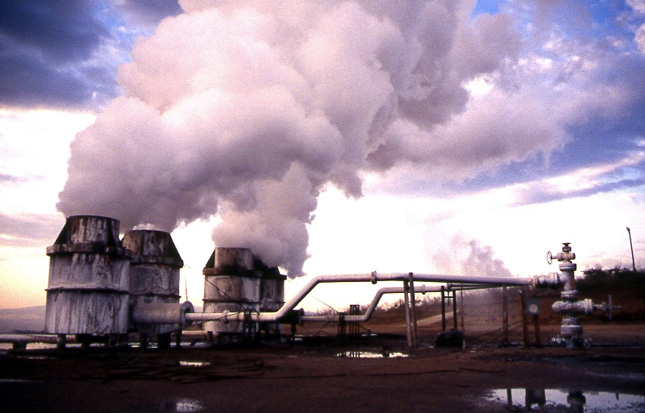-
Shiloh Fetzek, A New Climate for Peace
Geothermal Expansion in Kenya Prompts Land Conflict With Maasai
November 16, 2015 By Wilson Center Staff
The booming geothermal industry in Kenya illustrates how rapid transitions to renewable energy systems can risk generating conflicts if they are not done with sensitivity to the impact of transition on marginalized populations and to local ethnic and political dynamics.
The government has a plan to turn Kenya into a mid-income, newly industrialized country by 2030, powered in large part by geothermal energy from the Great Rift Valley. As this plan is enacted, it is causing conflict with Maasai tribespeople over long-standing land tenure issues, and local concern about dispossession and marginalization.
To avoid future confrontations and tension, the Maasai civil society leaders have recommended to international funders and Kenya’s state-owned energy companies that geothermal developers undertake projects in consultation with local tribespeople, and share the benefits of developing geothermal power.
Kenya’s Energy Challenges
At the moment electricity in Kenya is expensive and power outages are common. Until recently the country primarily relied on five hydroelectricity stations situated on the Lower Tana River in the southeast, with a single diesel-fueled plant providing back-up generation capacity. The system isn’t particularly future proof – climate change will increase rainfall variability, and fuel oil import costs are also expected to fluctuate in the future.
Continue reading on A New Climate for Peace.
Sources: A New Climate for Peace.
Photo Credit: A geothermal test well in Olkaria, Kenya, courtesy of the Geothermal Resources Council.
 A Publication of the Stimson Center.
A Publication of the Stimson Center.



